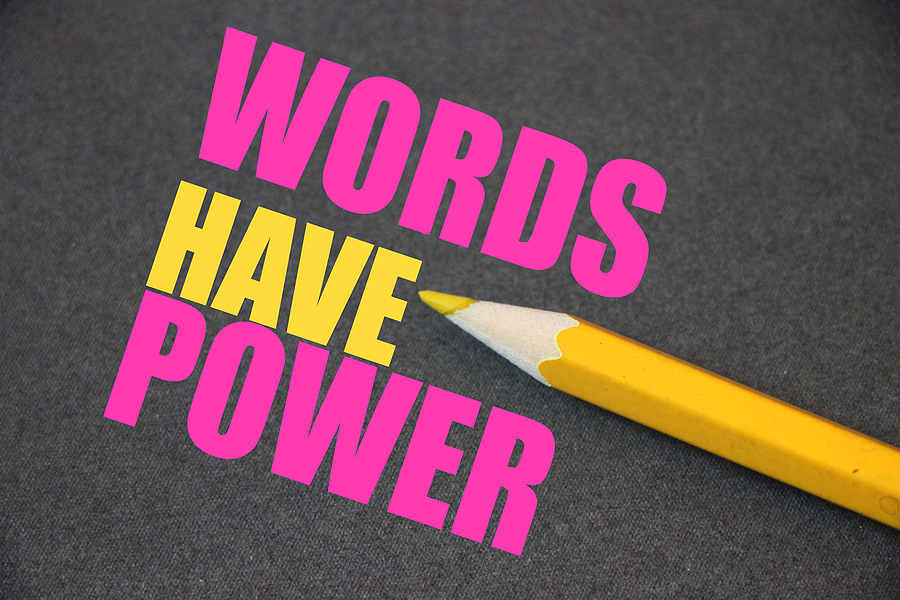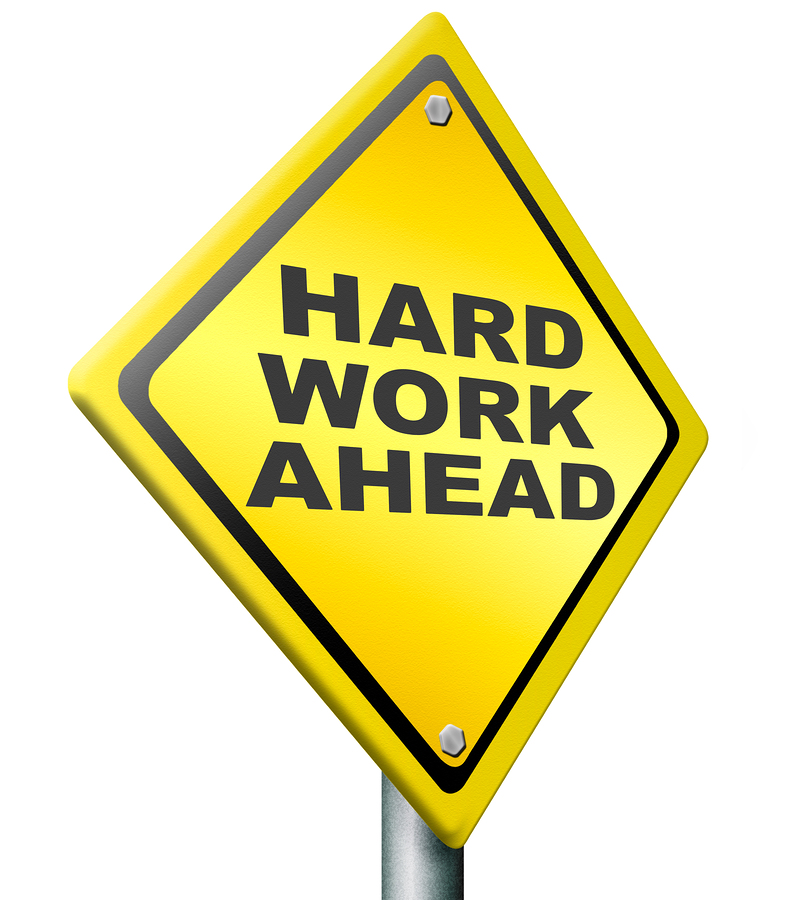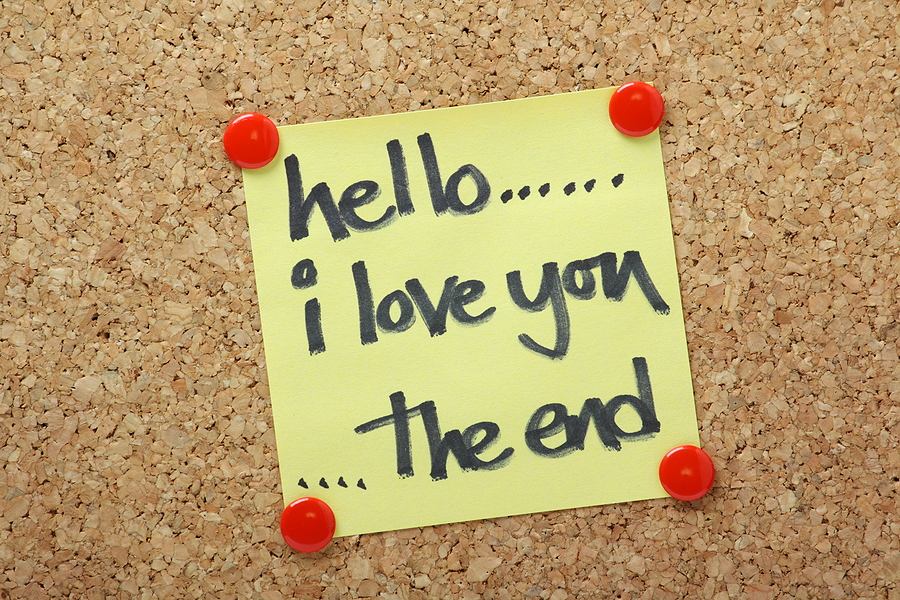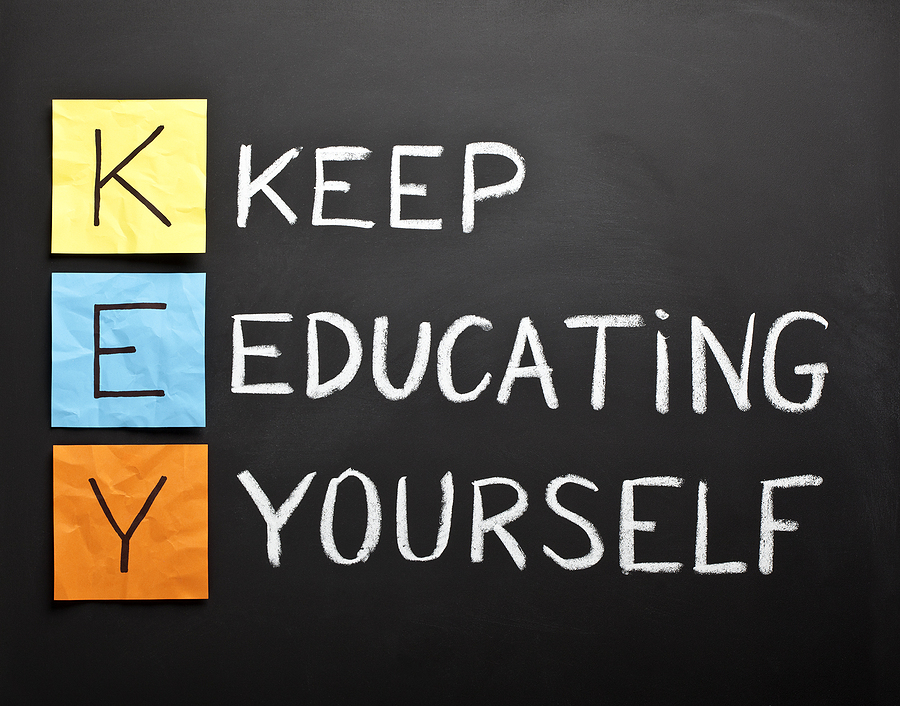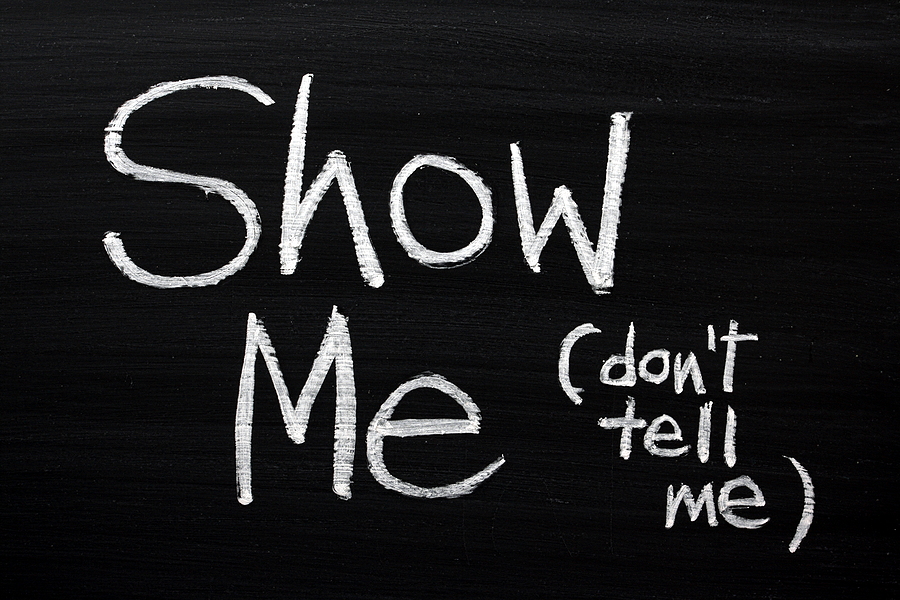 Today’s guest post is by Laura L. Smith. She is a best-selling author and speaker who lives in the picturesque college town of Oxford, Ohio, where you’ll find her running the wooded trails, strolling the brick streets, teaching Bible study at her local church, shopping at the Saturday morning farmer’s market, or going on a sunset walk with her husband and four kids. Her latest title, How Sweet the Sound, dives into the power and relevance of hymns in our modern lives. She is represented by Bob Hostetler.
Today’s guest post is by Laura L. Smith. She is a best-selling author and speaker who lives in the picturesque college town of Oxford, Ohio, where you’ll find her running the wooded trails, strolling the brick streets, teaching Bible study at her local church, shopping at the Saturday morning farmer’s market, or going on a sunset walk with her husband and four kids. Her latest title, How Sweet the Sound, dives into the power and relevance of hymns in our modern lives. She is represented by Bob Hostetler.
_________________
My phone is great for loads of things. But every time I pick it up it feels flat, smooth and the temperature of its environment. It smells like absolutely nothing. And taste? Well, considering phones are said to have more germs than a public restroom floor, I don’t want to try. I’m guessing it’s as tasteless as it is odorless. Technology is extremely useful, but the written word has an edge over it.
I could post a picture of the black trail that winds through my nearby woods to tell you a story about my morning run. I could go a step further and post a video. Then you’d glimpse the squirrel with orange markings around his ears darting in front of me. You’d hear the echo of my feet as I jogged across the covered bridge. If we got really snazzy and put it in virtual reality, you could see the trail, squirrel, and bridge through my eyes. But as with everything digital, the viewer would miss all the tastes, smells, and physical sensations. They’d only access two of the five senses.
But writers? If we’re doing our job well, we can one-up technology by providing our readers a full sensory experience. Here are the first five minutes of my run, not in a picture, video, or VR, but simply in words.
The thick, pungent exhaust from a lone truck assaulted my nose and mouth as I stretched my tight calves in the parking lot. But once on the trail the air was crisp and fresh. I inhaled giant gulps of it, letting it fill my lungs with something clearer, purer than the circulated air from my vents at home.
The wind pricked my cheeks. Somewhere overhead, a woodpecker’s lightning-fast beak hammered a tree trunk. Looking up, I caught a glimpse of his scarlet head bright in contrast against the pale gray sky and blackish branches stripped of their leaves. Earbuds in, I pressed play on my Maverick City playlist and started moving. The piano chords and deep, soulful cadence of Dante Bowe’s voice in my ears and the air so clean it tasted like spring water propelled me forward. Soon my breathing settled into a pattern and my feet found their rhythm sinking into the soft cinder trail.
I hope you found yourself on the trail with me. That’s what writers do—invite our readers into our journeys. That could be a journey of understanding a certain theology or of a woman walking to a stream during the Civil War (either fictional or nonfictional) or a journey out of depression or debt or through marriage or adoption. No matter the journey we’re writing about, we can bring our readers along with us by offering them a full sensory experience depicted by words.
You try. What are you currently writing? Try incorporating taste, smell, touch, or all three into your article, blog post, or chapter.


